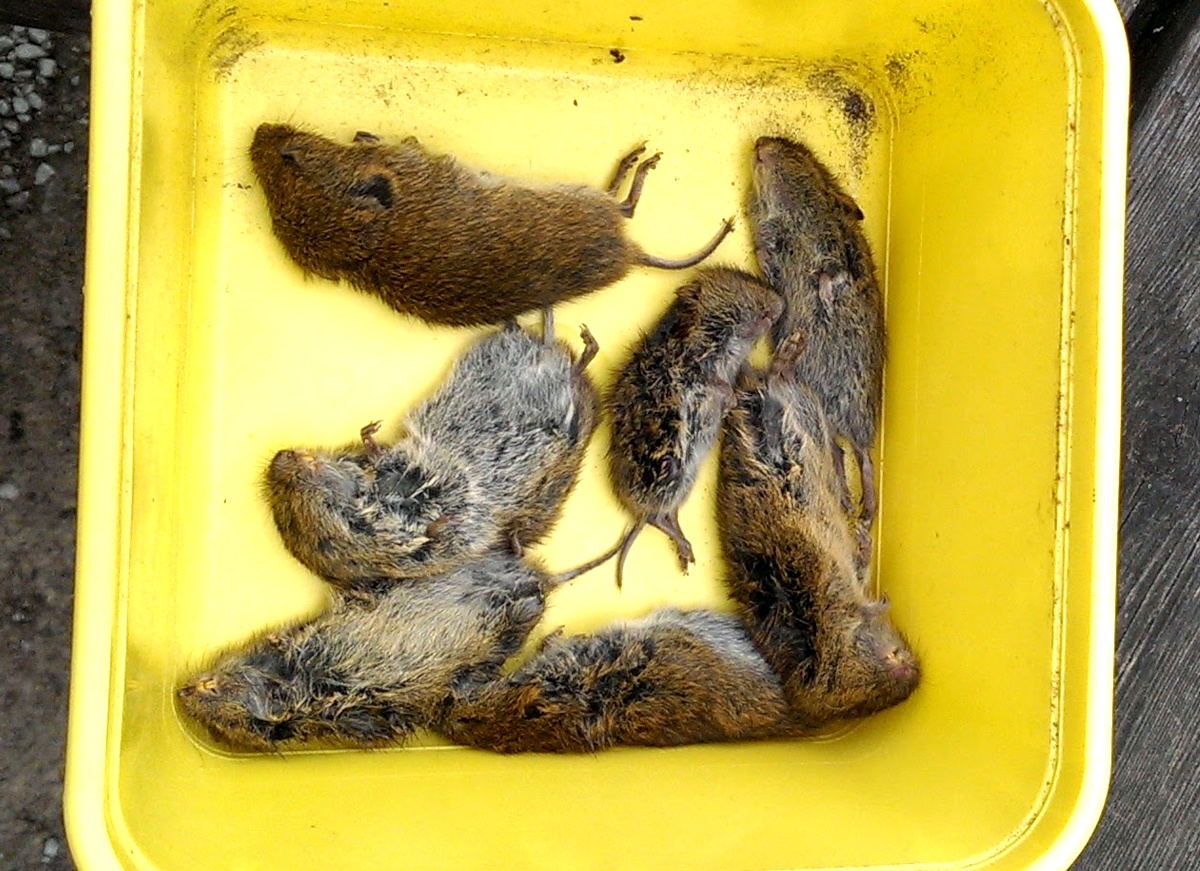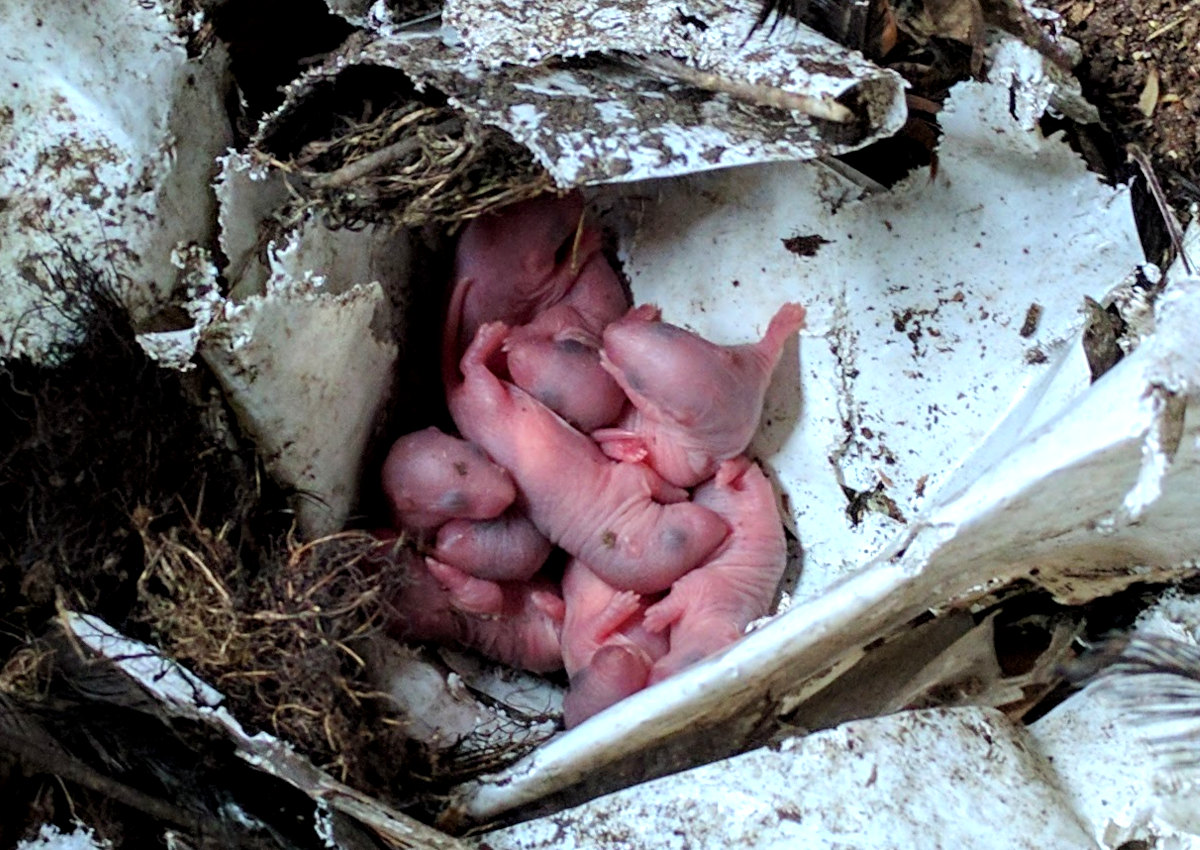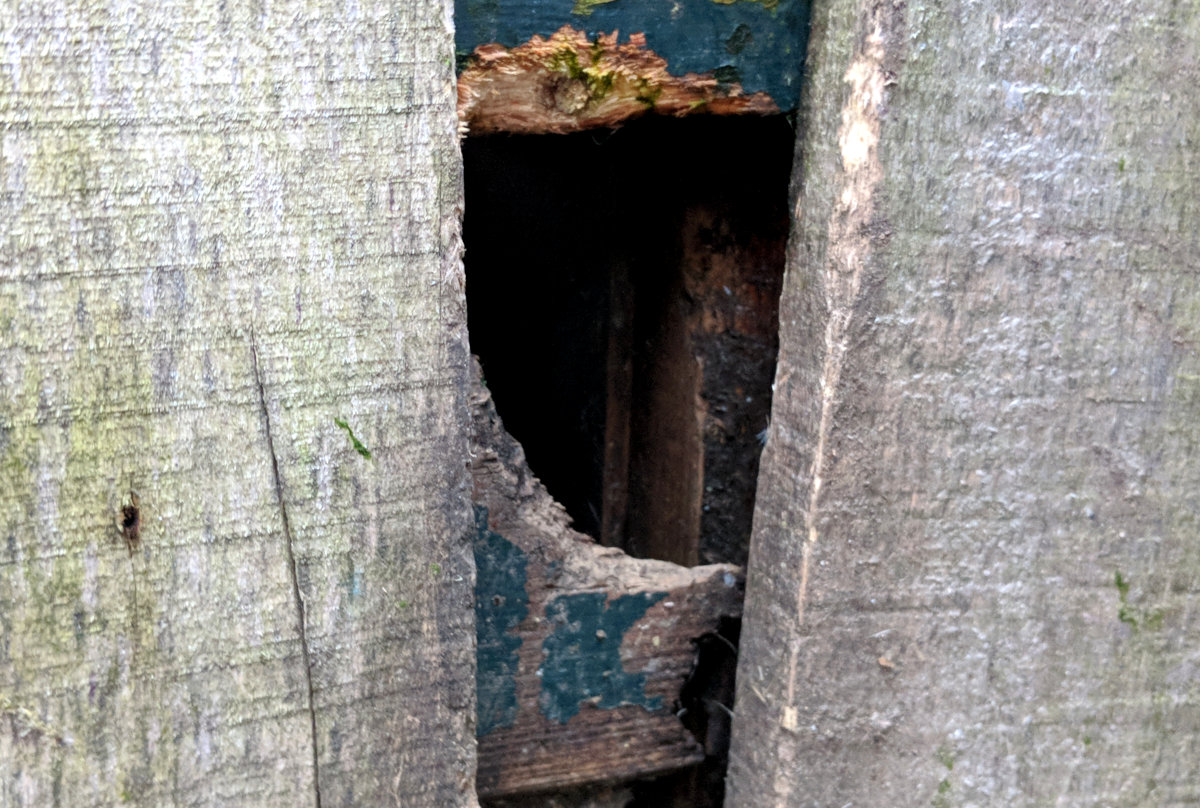Mice in the chicken coop. How to get the upper hand over these sneaky invaders.

As a long time chicken keeper, I have encountered my fair share of challenges, but few are quite as persistent and cunning as the tiny, yet troublesome, mouse.
Table of Contents
These little critters may seem cute and harmless at first glance, but any seasoned chicken keeper will tell you that mice can wreak havoc in a chicken coop.
The control of mice in the chicken coop will require a holistic plan that includes cleaning up, removing the feed, water and shelter that attracts them and by trapping, baiting and adding physical barriers to entry.
Why mice like chickens and coops so much:
Mice, Mus musculus, is any small old world rodents of the family Muridae. They are found and thrive almost everywhere on the planet either naturally or having been introduced.
Mice like chicken coops so much because they have food, water and shelter all in one place.
There are other benefit to the mouse like places to hide and nesting materials on tap.
Below: 2 mice have got trapped in the feed container.
In just about every country in the world there are laws requiring land owners or tenants to control vermin like rats and mice as these creatures affect not only you but your neighbours land and property.
It is also illegal to release a humanely trapped mouse.
The mouse menace:
Mice in a chicken coop can be a serious headache for several reasons. Firstly, mice are notorious for raiding chicken feed. These little foragers can quickly deplete your carefully stocked feed supplies, leaving your feathered friends hungry and malnourished.
A mouse can get through any hole you can push a pencil through.
Moreover, mice are prolific breeders, and a small infestation can quickly turn into a full-blown invasion, with the potential to spread diseases harmful to both your chickens and yourself. I have caught as many as 11 mice in one day.
Below: Mice have large broods that mature quickly. A mouse can have its own litter as young as 8 weeks of age.

The insidious nature of mice doesn't stop there. These rodents can also cause structural damage to your coop. They are adept at gnawing through wood, plastic, and even wiring, posing a threat to the integrity of your coop and the safety of your chickens.
Additionally, mice are carriers of parasites like fleas and ticks, which can transmit diseases to your flock.
Unwelcome guests: Mice and their impact on chickens and coops:
A few seasons ago, I found myself facing a mouse infestation that tested my patience and resourcefulness as a chicken keeper. The telltale signs were everywhere - chewed bags of feed, droppings scattered across the coop, and a general air of unease among my chickens.
Below: Mice are just as active in the day as they night. Here is one stealing bird food in the middle of the day.
As a chicken keeper, I've had my fair share of encounters with unwelcome guests – mice. These tiny creatures, while seemingly harmless, can pose a significant threat to my feathered friends and their well-being. Over the years, I've learned the hard way about the problems mice can cause and the importance of effective control methods.
Mice are masters of infiltration, squeezing through the smallest of gaps and crevices to enter chicken coops.
Mice and any vermin are a financial problem for poultry keepers, costing both money and time.
Once inside, the humble mouse become a nuisance in several ways:
- Feed Theft: Mice are voracious eaters, consuming large quantities of chicken feed and contaminating what remains with their faeces and urine.
- Disease Transmission: Mice can carry and transmit a host of diseases that can harm chickens, including salmonellosis, leptospirosis, and hantavirus. These diseases can cause respiratory problems, diarrhoea, and even death in chickens.
- Coop Damage: Mice gnaw on everything, including wood, wires, and plastic. This can damage the coop's structure and create entry points for other pests.
- Egg eating: Mice are opportunistic feeders and will happily consume eggs if given the chance. This can lead to a significant reduction in egg production.
- Mice attract other predators: Mice will bring in snakes, owls and even foxes or other opportunistic hunters.
Chickens can and will eat mice which is not the most hygienic thing and should be avoided. Also any poisons the mouse has eaten will go on to poison the chicken and any eggs it produces.
Below: Mice are hugely destructive.

Wrestling back control: Mouse solutions for chicken keepers:
So how can you keep these little critters out of your chicken house?
- Secure Feed Storage: One of the first steps in mouse control is securing your chicken feed. Invest in sturdy airtight containers to store feed, making it difficult for mice to access their favourite buffet.
- Regular Cleaning: Maintaining a clean and clutter-free coop is crucial. Regularly sweep and remove spilled feed, as well as any potential nesting materials that might attract mice.
- Keep the coop area tidy: Wood piles are a favourite home of the mouse.
- Seal Entry Points: Mice can squeeze through surprisingly small openings. Seal any cracks or gaps in your coop's structure, paying close attention to areas around doors, windows, and vents.
- Natural Predators: Consider introducing natural predators to your coop environment. Cats are excellent mouse hunters and can help keep the population in check. Certain non venomous snakes may be of help as well.
- Use Traps: In my battle against the mouse invasion, I turned to a combination of snap traps and glue traps strategically placed around the coop. This approach proved effective in reducing the mouse population.
- Employ Rodenticides with Caution: While rodenticides are an option, exercise caution as they can pose risks to your chickens and other animals. If using rodenticides, choose products that are specifically designed for use in environments with animals.
- Regular Inspections: Stay vigilant and conduct regular inspections of your coop. Early detection of mouse activity can help prevent a small problem from turning into a full-blown infestation.
